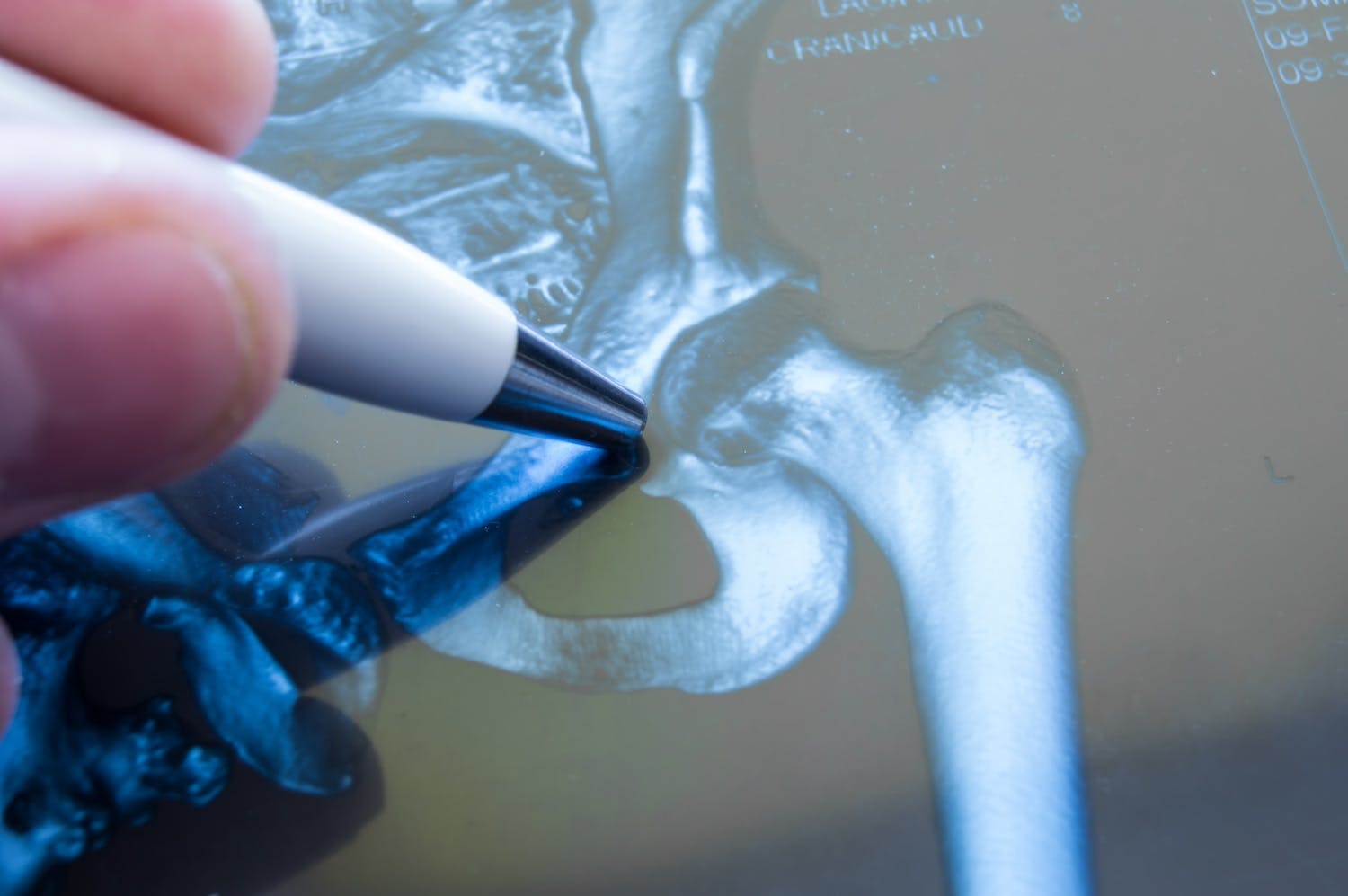- Blog
Rotator Cuff Injury: When to see an Orthopaedic Surgeon
Posted on 01-29-2026 in Rotator Cuff & Shoulder by Dr. Chris O'Grady

Posted on 01-29-2026 in Rotator Cuff & Shoulder by Dr. Chris O'Grady
Fortunately, when properly diagnosed and treated the vast majority of shoulder problems are treated successfully without surgery. This is especially true of rotator cuff problems. However, in many cases, it is important to have an orthopaedic surgeon evaluate the problem in order to make sure something more serious is not the cause of the shoulder pain.
When shoulder pain is short-lived, an individual’s family doctor may be able to address the problem; however, if an individual experiences a long period of pain or loss of motion following an injury, he or she may have a torn rotator cuff. In a case such as this, a shoulder specialist should be consulted because some rotator cuff surgeries are time sensitive. Dr. Chris O’Grady is an Orthopaedic doctor who specializes in diagnosing and treating injuries to the shoulder, including rotator cuff tears. He has been providing expert care to athletes of all ages in and around Gulf Breeze, Fla., for years.
Symptoms of a Rotator Cuff Injury
A rotator cuff injury may:
An individual’s primary care physician may choose to observe his or her condition for a certain length of time without providing medical treatment. this practice is referred to as watchful waiting. The length of time a physician chooses to employ watchful waiting can range from several days to weeks, or even months.
Although watchful waiting may be suitable in certain instances, watchful waiting is not suitable when:
An individual experiencing any of the aforementioned symptoms should contact an Orthopaedic surgeon and schedule an appointment. Even if a primary care physician makes a diagnosis, Dr. O’Grady can review the medical records to determine which nonsurgical and/or surgical treatments will serve the patient best.
Furthermore, for those with a significant shoulder injury, he or she should seek assistance from a physician as soon as possible.
Why Should Individuals with a Shoulder Injury See an Orthopaedic Surgeon?
Only a physician can diagnose an injury to the rotator cuff. Orthopaedic surgeons specialize in pain, diseases, and injuries related to the musculoskeletal system, which is why they play a significant role in diagnosing, treating, preventing and rehabilitating conditions related to the musculoskeletal system, including the shoulder.
If you have had a fall or other injury resulting in shoulder pain, schedule an appointment with an Orthopaedic surgeon. An Orthopaedic surgeon can diagnose most problems with x-rays and a good physical exam. They may also confirm the suspected diagnosis with a diagnostic study, such as an MRI (magnetic resonance imaging). The earlier a proper diagnosis is attained, the quicker treatment, pain relief, and recovery can begin.
Rotator cuff disease can occur due to a substantial shoulder injury, progressive degeneration and/or wear, and tear of the tendon.
Occupational and sports-related risk factors associated with damage to the rotator cuff include:
Unpreventable risk factors:
Without proper treatment, rotator cuff disease can lead to continued weakness and/or stiffness. Furthermore, a progressive degeneration of the shoulder joint may result.
When to Schedule an Appointment with an Orthopaedic Surgeon
An individual should schedule an appointment with an experienced Orthopaedic surgeon if he or she has:
Prompt Treatment Can Prevent Further Damage and Quicker Recovery
Without early intervention, the issue may become even more severe and lead to a chronic condition that includes loss of strength and a reduced range of motion. During an initial consultation with Dr. O’Grady, he will isolate the problem, determine the potential cause and discuss treatment options. In addition, he may provide a potential time frame for recovery.
If you have a shoulder injury or you are experiencing pain in your shoulder, schedule an appointment with Dr. Chris O'Grady today. The sooner you receive a diagnosis, the quicker recovery can begin.

September is Healthy Aging Month, an observance dedicated to promoting the positive aspects of growing older and encouraging proactive steps toward maintaining long-term health. In its 33rd year, Healthy Aging Month inspires adults of all ages to focus on lifestyle habits that support vitality, independence and overall well-being.

Ischiofemoral Impingement (IFI) is a lesser-known but often painful condition affecting the hip joint. This condition arises when the ischium (a bone in the pelvis) and the femur (the thigh bone) come into abnormal contact, which compresses soft tissues surrounding the hip. While the discomfort typically manifests in the buttocks or groin, particularly when moving the hip or walking, it can also present as low back pain, making it challenging to diagnose early. Additional symptoms and causes include discomfort during prolonged sitting, reduced range of motion, stiffness and/or tightness in the hip area.

May is Arthritis Awareness Month, an opportunity to increase public understanding of arthritis and its impact on millions of lives. Established by the Arthritis Foundation, this national observance highlights the importance of early diagnosis, effective treatment, and ongoing research to improve the quality of life for those with arthritis.